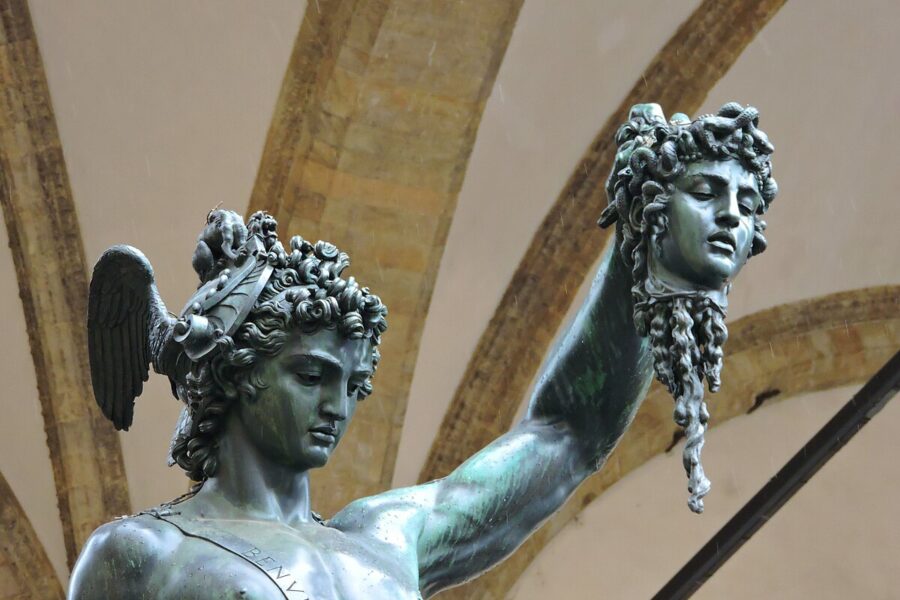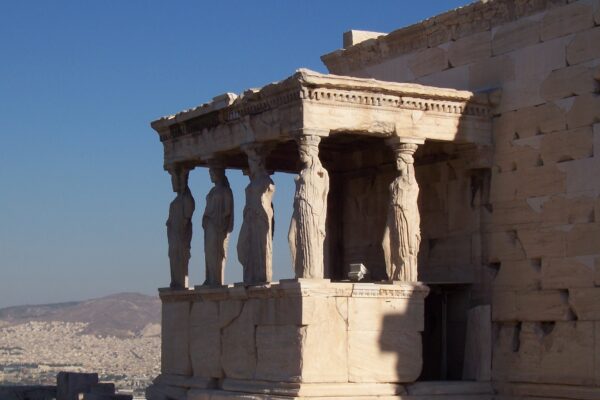
You’ve probably heard the axiom “Never meet your heroes.” In Ancient Greece, the phrase was closer to “Never meet your heroes, because they will straight up get you killed, if they don’t casually kill you themselves.” Although Ancient Greek gave the world the word “hero,” their definition of the word was pretty far from our own. A hero was any elite male (sorry, Basics) who could do extraordinary things. It’s just that those extraordinary things didn’t need to be positive: murder a town because their lord owes you cows? That’s extraordinary! Seduce a young girl into helping you kill her brother? That’s extraordinary! Hercules, Theseus, Perseus: all ancient Greek heroes, who today would be classified as straight-up sociopaths. Needless to say, the ancients had…mixed feelings about those heroes, and even the very concept of what should count as a “great man.” So they used stories of heroes to explore complex social problems of what is worth celebrating and what sort of people a society wants to emulate, with plenty of monster-slaying, tunic-chasing, and god-questing to liven things up. .
CLAS-B 320 serves as an introduction to how the people of Ancient Greece and Rome conceived of their most important heroes. The goal of the course is to provide an easily accessible gateway to the Classical World, by way of an interesting and important area of research. By studying representative works of art, artifacts, and literature, you will explore topics including:
- the identity, characters, and stories of the major heroes of Classical Mythology
- how heroes were depicted and identified in visual arts
- ancient religious beliefs and practices around hero cults
- how the ancient world affects modern myth making
Most importantly, you will also learn to think critically about important questions: How did ancient Mediterranean societies conceptualize their heroes? How did such conceptions evolve and function within the specific context of the ancient Mediterranean world? What social roles did these concepts play? How did societies shape ideas of the human forces that ruled their universe, and how did these ideas shape societies? How are issues related to heroes reflected in the literature and art of both ancient societies and our modern culture?
Fun Facts:
- 5 week, 1 credit “appetizer” class
- offered online asynchronous
- can be combined with other 1 credit “appetizer” classes
- no pre-reqs
- can be applied to the Classical Studies Minor
- Want to learn still more? Try the “main course” of Classical Mythology in CLAS-C 205 Classical Mythology.
Coming Next: Spring 2027
Recent Offerings
spring 2025 (2nd 5 wk)
- online asynchronous (Dr. Elizabeth Thill)


